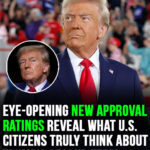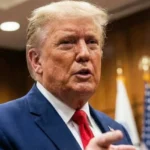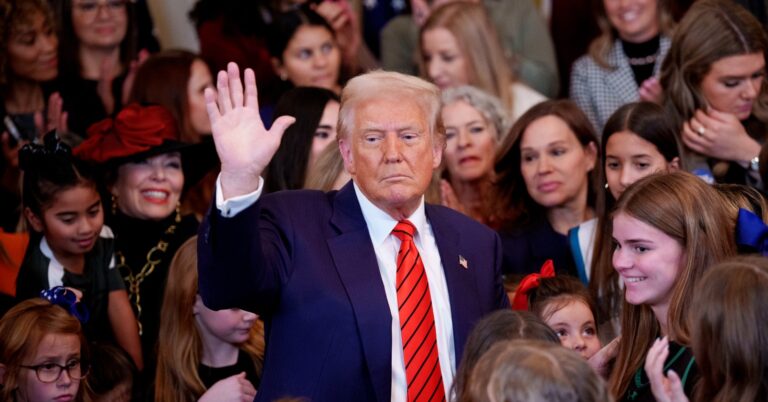This expanded version emphasizes the significant political development in Washington, D.C., highlighting the mayor’s decision to step aside and not run for another term. It considers the implications for local leadership, party dynamics, and future elections, while inviting readers to reflect on her tenure, accomplishments, challenges, and the potential candidates who may emerge to shape the city’s next chapter.
D.C. Mayor Muriel Bowser has announced that she will not seek reelection, ending months of speculation about a potential fourth term. In an interview with News4, Bowser explained that her decision is rooted in family considerations and a desire to pursue new opportunities while she still has energy and enthusiasm for public service. She framed her departure as a strategic and personal choice, emphasizing the importance of allowing new leadership to emerge and take the city to the next level. Bowser reflected on the difficulty of walking away from a role she loves, noting her pride in the accomplishments achieved during her tenure and expressing gratitude for the opportunity to serve the residents of Washington, D.C. Her statement on social media reinforced her commitment to continue working for the city over the next 12 months, urging citizens and city officials to “run through the tape” and maintain momentum in governance.
Bowser emphasized that her decision is not driven by political concerns or fear of losing an election, noting that she has never lost a race and remains confident she could win a fourth term if she chose to run. Instead, her decision stems from a thoughtful consideration of timing, personal priorities, and the broader goals of city leadership. She highlighted the need to “pass the baton” to new leaders, suggesting that while her tenure has been successful, the city benefits from periodic renewal in leadership. This perspective positions Bowser’s departure as a forward-looking act of stewardship rather than a retreat, demonstrating her desire to safeguard both her legacy and the city’s continued progress.
The past year of Bowser’s mayoralty has been marked by complex navigation between local governance and federal oversight, particularly in relation to the Trump administration. Bowser described the challenge of balancing the needs and concerns of D.C. residents with the policies and threats emanating from the White House, including disputes over the District’s Home Rule authority. She characterized her approach as cautious yet assertive, seeking to avoid direct confrontation with the federal government while defending the autonomy and rights of the city. This balancing act reflected the ongoing tension between local leadership and national authority, with Bowser aiming to maintain productive relationships with both residents and federal officials.
Bowser’s tenure intersected with contentious national events, including the deployment of federal law enforcement personnel to D.C. and the broader political climate shaped by President Trump’s adversarial posture toward the District. Bowser described the need to “reset” the city’s relationship with the new administration and navigate an environment where federal oversight was expansive and at times confrontational. She also contextualized the situation in terms of broader electoral trends, citing Democratic successes in nearby states as evidence of shifting political dynamics that might influence interactions between the city, the White House, and Congress. Her comments suggest a nuanced understanding of the interplay between local authority, federal power, and public sentiment.
In addressing concerns about potential future conflicts under new leadership, Bowser adopted a diplomatic tone, expressing confidence that her decisions have positioned D.C. to withstand political pressure and maintain safety and governance standards. She emphasized the city’s resilience and her commitment to leaving it in a strong position, regardless of who assumes the mayoralty next. Bowser’s remarks underscored her strategic foresight, framing her departure not as abandonment but as a calculated effort to ensure continuity, stability, and the city’s ability to advocate effectively for its residents in the national arena.
Finally, Bowser reflected on her legacy and the perception of her leadership among D.C. residents. She acknowledged that while some have suggested a four-term mayoralty could be possible, most Washingtonians prefer to approach leadership transitions without fear, focusing instead on selecting the most capable and forward-looking candidate. Bowser’s decision to step aside is therefore presented as both an acknowledgment of the city’s democratic norms and a personal act of foresight. Her tenure, characterized by accomplishments, resilience, and strategic engagement with federal authorities, will likely serve as a benchmark for her successor, leaving a lasting imprint on the governance and civic identity of Washington, D.C.





